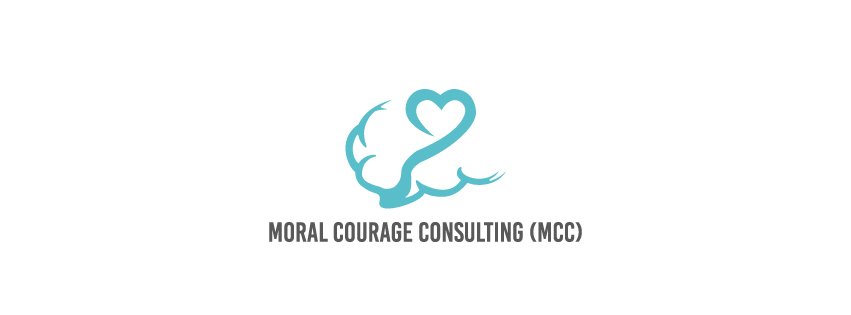How Moral Residue Builds Up Over Time
Moral residue is the emotional weight that healthcare professionals, humanitarian aid workers, and other helpers carry with them after experiencing a morally distressing situation that wasn't satisfactorily resolved. It's like an emotional residue that accumulates over time, particularly when similar distressing situations occur repeatedly.
Imagine you are facing a moral dilemma where you must choose between two obligations, both of which cannot be fully accomplished. Unfortunately whatever decision you make, you will feel unsatisfied, and the unresolved emotional burden of that decision can linger long after the event. This feeling is the moral residue.
With each new distressing situation, the emotional residue grows. This is because it can remind you of any past feelings of powerlessness and can lead to an ever-increasing sense of guilt and remorse.
Managing moral distress is critical in preventing the accumulation of moral residue. Individuals should seek support from colleagues, supervisors, or mental health professionals to help manage the negative emotional impact of these situations and prevent long-lasting damage to their well-being and career. Seeking support during or after the event(s) has shown to be helpful for our clients.
Some examples of how moral residue can build up over time, leading to a thick layer of “gunk” that can leave you with a heavy, unresolved feeling
Witnessing the death of a patient or a beneficiary of aid, especially if they were unable to provide adequate care or assistance.
Participating in medical procedures or treatments that may have unintended negative consequences or risks, such as administering medications or performing surgery.
Being forced to work in unsafe or unsanitary conditions, particularly in disaster or conflict zones.
Being exposed to traumatic events, such as violence or natural disasters, and not having enough resources or support to cope with the emotional impact.
Being asked to prioritize certain patients or beneficiaries over others due to resource constraints or external pressures.
Being forced to make difficult decisions due to conflicting obligations or values, such as balancing the patient's autonomy with their safety or well-being.
Experiencing discrimination or witnessing others being discriminated against due to race, ethnicity, religion, or other factors.
Have you experienced any of the above? Do you notice a layer or layers of moral residue building up for you?
